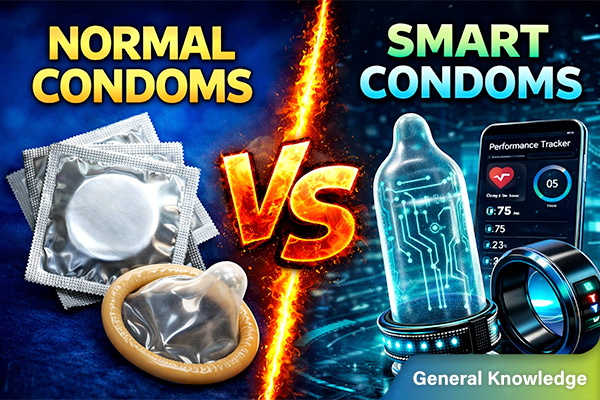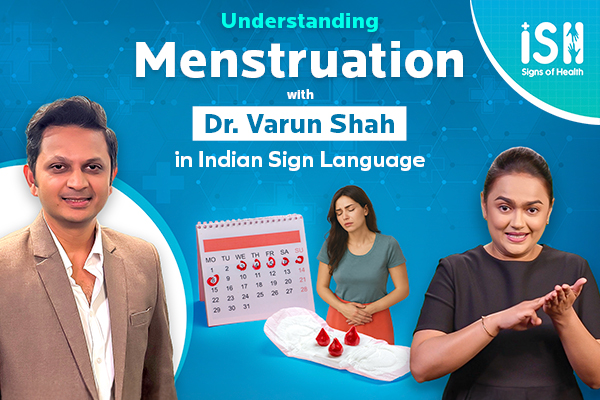Understanding Diabetes with Dr. Neha Shah
Welcome to the Second Episode of our brand-new series, “Signs of Health”! In this episode we talk about Diabetes
In this episode, we have the amazing Dr. Neha A. Shah (MBBS, PDMG, LLB), a highly experienced doctor with over 25 years of practice, guiding us through everything you need to know about Diabetes. From what is diabetes, its testing, treatment, dos and don’ts, diet tips, and much more – this video is packed with valuable information to keep you healthy!
Watch this series which is made inclusively for everyone by adding Indian Sign Language Interpretation! So, no one misses out on these important health lessons.
Make sure to watch, like, and share this video with your family and friends. Let’s spread awareness and take a step towards a healthier life together!
This initiative is proudly supported by Coromandel International Limited.
Don’t forget to subscribe to our channel to stay updated on all our upcoming episodes of “Signs of Health”!
Diabetes is a chronic metabolic disorder where blood glucose levels are high due to either insufficient insulin or ineffective insulin. Insulin, a hormone secreted by the pancreas, helps regulate blood sugar. Ideal fasting blood sugar is 70-100 mg/dL, and after two hours of eating, it should be 100-139 mg/dL. Pre-diabetes is when fasting blood sugar is 100-125 mg/dL and 140-199 mg/dL after meals, indicating a risk of diabetes. Diabetes is diagnosed when fasting blood sugar exceeds 126 mg/dL or 200 mg/dL after meals. Currently, 10.5% of the population aged 20+ has diabetes, and by 2045, 1 in 8 people may be affected. There are three types: Type 1 (pancreas produces little to no insulin, common in young people), Type 2 (insulin is produced but ineffective), and gestational diabetes. Symptoms include frequent thirst, urination, blurry vision, weakness, excessive sweating, and slow wound healing. Risk factors include genetic predisposition, viral infections (Type 1), obesity, unhealthy lifestyle, and old age (Type 2). Diabetes can lead to serious complications like heart disease, vision loss, kidney failure, nerve damage, strokes, and even limb amputation. A diabetes-friendly diet includes green vegetables, fresh fruits, nuts, curd, whole grains, and lean meats while avoiding sugar, processed foods, red meat, and unhealthy fats. Physical activity is crucial, with at least 150 minutes of exercise per week. Doctors perform multiple tests, including HbA1C (3-month sugar check), renal and liver function tests, and thyroid tests. A fasting blood test requires 8 hours of fasting, while a **post-meal test checks insulin efficiency. Blood glucose monitors and **continuous glucose monitors (CGM) help track sugar levels at home. Hypoglycaemia (low blood sugar) can cause dizziness, sweating, and fainting, making it a serious concern. Treatment involves lifestyle changes, exercise, and medications, with Type 1 requiring insulin. Regular eye check-ups are necessary. Ultimately, diabetes management is in your hands—a healthy lifestyle is the best medicine.







